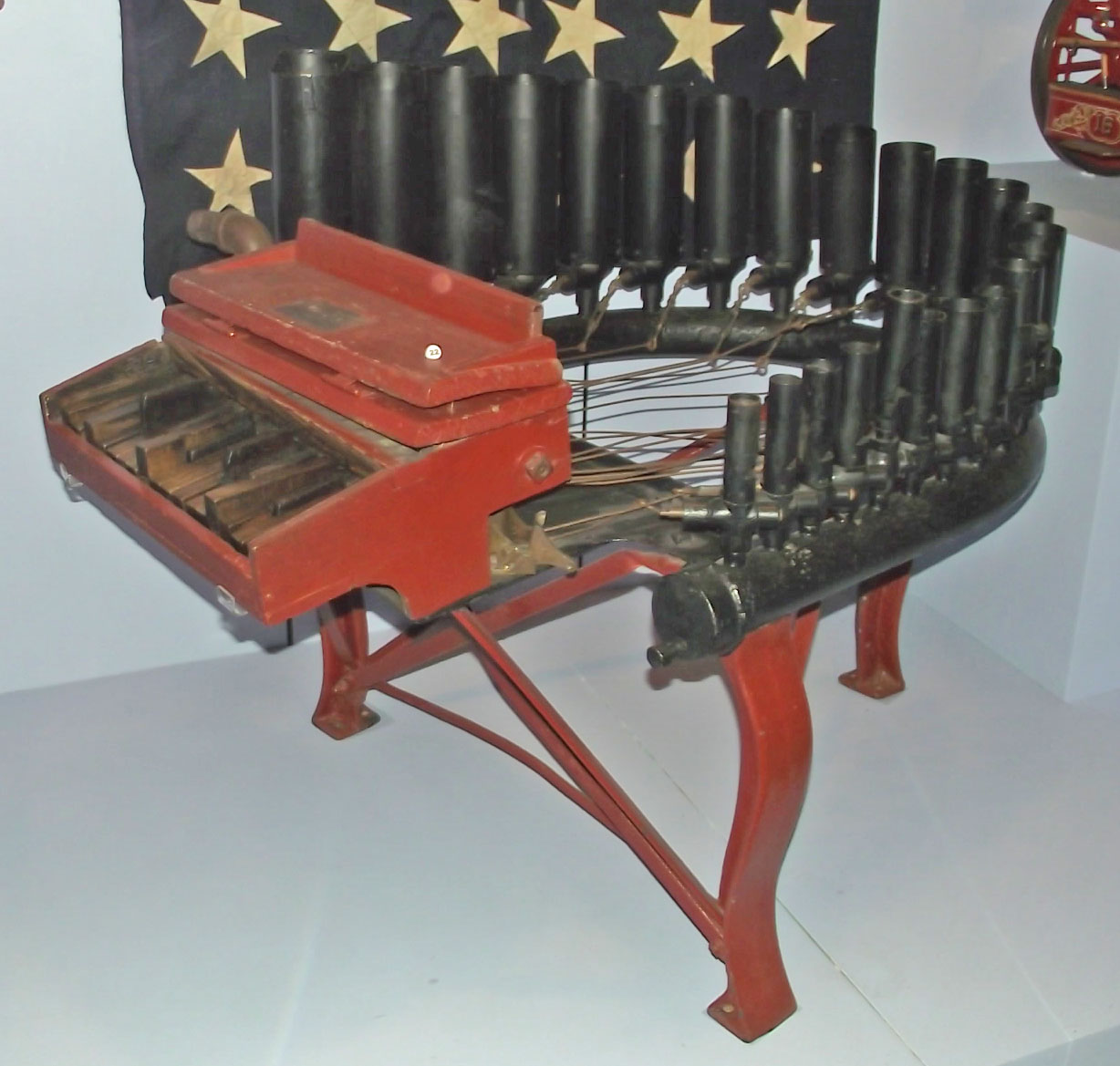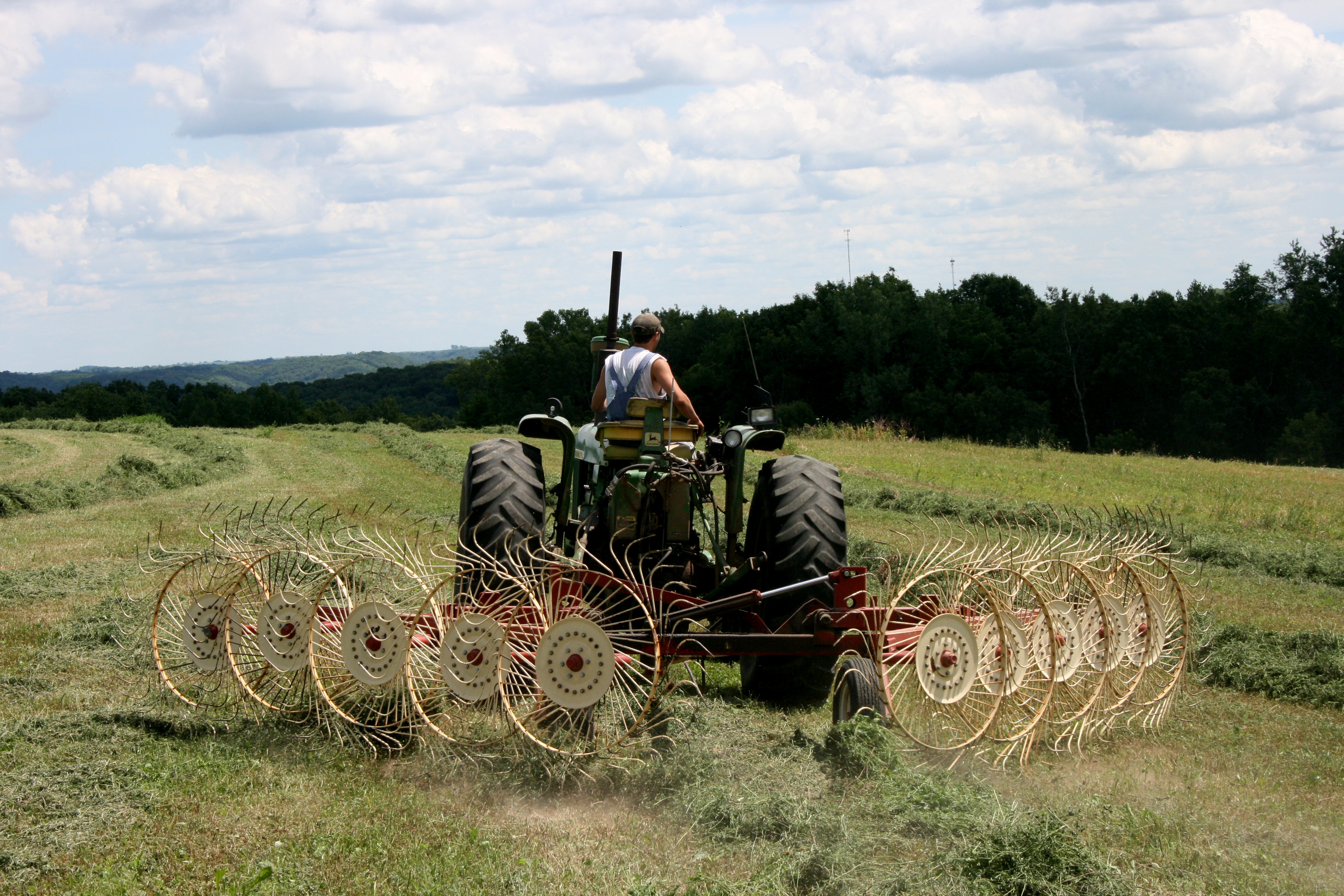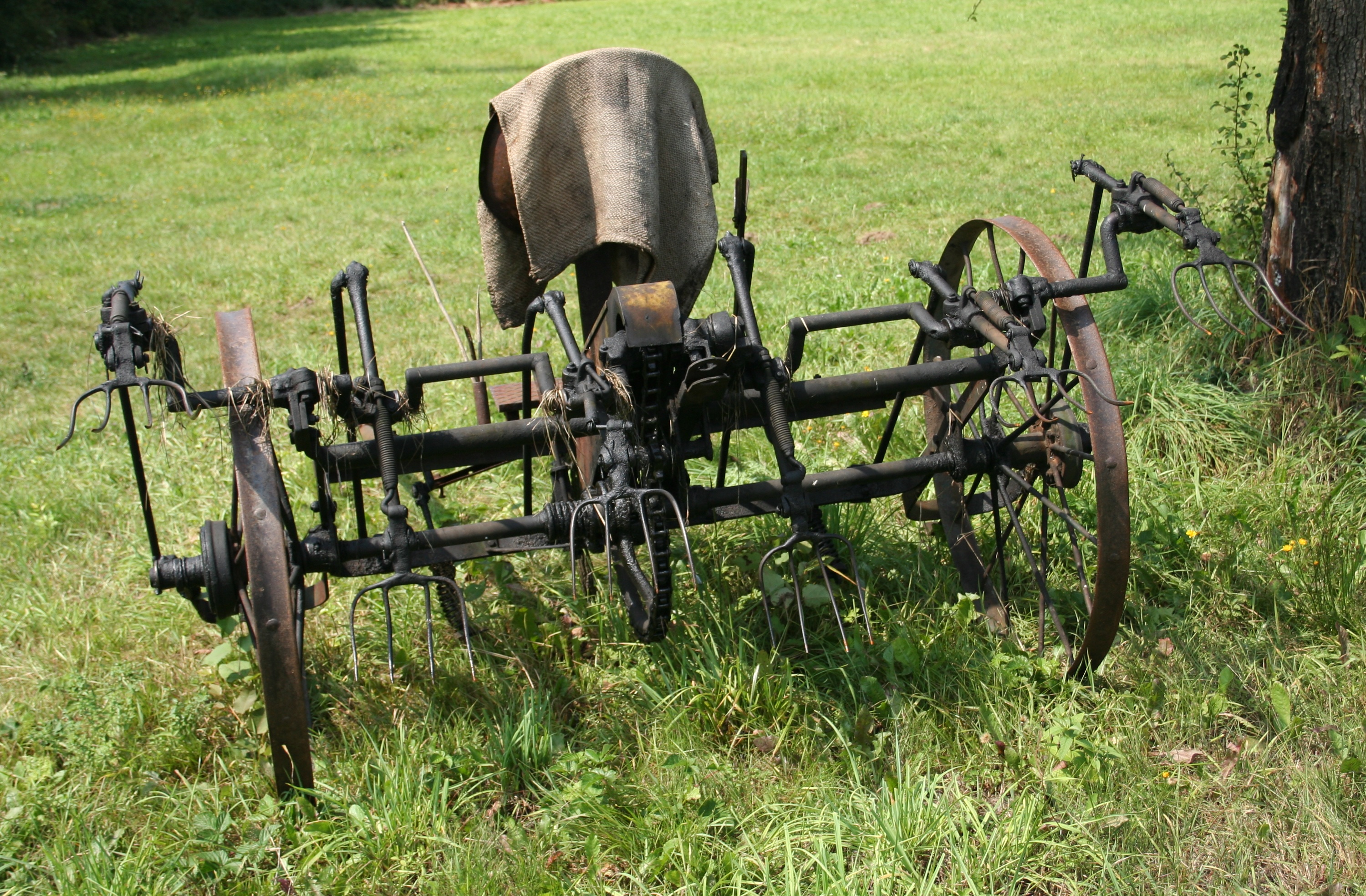|
Joshua C. Stoddard
Joshua C. Stoddard (August 26, 1814 in Pawlet, Vermont – April 4, 1902) was an American inventor. He was educated at the public schools, and became noted as an apiarist. He also turned his attention to inventing, and on October 9, 1855, patented () the steam calliope, used on Mississippi River steamboats. It was originally known as a "steam piano", with Stoddard forming the American Steam Piano Company ometimes referred to as the American Steam Music Companyin Worcester, Massachusetts Worcester ( , ) is a city and county seat of Worcester County, Massachusetts, United States. Named after Worcester, England, the city's population was 206,518 at the 2020 United States census, 2020 census, making it the second-List of cities i .... His first instrument, consisting of a steam boiler, a set of valves, and fifteen graded steam whistles played from a pinned cylinder, reportedly could be heard for a range of . The Worcester City Council banned him from playing it within the city l ... [...More Info...] [...Related Items...] OR: [Wikipedia] [Google] [Baidu] |
Pawlet, Vermont
Pawlet is a town in Rutland County, Vermont, United States. The population was 1,424 at the 2020 census. History Pawlet was one of the New Hampshire Grants, chartered from Benning Wentworth, Governor of colonial New Hampshire. The charter was granted on August 26, 1761 to Jonathan Willard and 61 other shareholders. The town was named for the Mettawee River, which was called "Paulet" or "Paulette" on the earliest maps of the area that later became Vermont. It was part of Bennington County until Rutland County was created in 1781. The first town meeting on record took place on December 22, 1775. Since this meeting was called by town clerk Simeon Burton, it is apparent that Pawlet was already settled by then. Geography Pawlet is located in the Taconic Mountains. The town is located on Vermont’s western boundary with New York, and adjacent towns include Wells to the north, Danby to the east, Rupert to the south, and Granville and Hebron, New York to the west. The town cont ... [...More Info...] [...Related Items...] OR: [Wikipedia] [Google] [Baidu] |
Beekeeper
A beekeeper is a person who keeps honey bees. Beekeepers are also called honey farmers, apiarists, or less commonly, apiculturists (both from the Latin '' apis'', bee; cf. apiary). The term beekeeper refers to a person who keeps honey bees in beehives, boxes, or other receptacles. The beekeeper does not control the creatures. The beekeeper owns the hives or boxes and associated equipment. The bees are free to forage or leave (swarm) as they desire. Bees usually return to the beekeeper's hive as the hive presents a clean, dark, sheltered home. Purposes of beekeeping Value of honey bees Honey bees produce commodities such as honey, beeswax, pollen, propolis, and royal jelly. Some beekeepers also raise queens and other bees to sell to other farmers, and to satisfy scientific curiosity. Beekeepers also use honeybees to provide pollination services to fruit and vegetable growers. Many people keep bees as a hobby. Others do it for income either as a sideline to other work or as a ... [...More Info...] [...Related Items...] OR: [Wikipedia] [Google] [Baidu] |
Calliope (music)
A calliope (see below for pronunciation) is an American and Canadian musical instrument that produces sound by sending a gas, originally steam or, more recently, compressed air, through large whistles—originally locomotive whistles. A calliope is typically very loud. Even some small calliopes are audible for miles. There is no way to vary tone or loudness. Musically, the only expression possible is the pitch, rhythm, and duration of the notes. The steam calliope is also known as a steam organ (''orgue à vapeur'' in Quebec) or steam piano (''piano à vapeur'' in Quebec). The air-driven calliope is sometimes called a calliaphone, the name given to it by Norman Baker, but the "Calliaphone" name is registered by the Miner Company for instruments produced under the Tangley name. In the age of steam, the steam calliope was particularly used on riverboats and in circuses. In both cases, a steam supply was readily available for other purposes. Riverboats supplied steam from thei ... [...More Info...] [...Related Items...] OR: [Wikipedia] [Google] [Baidu] |
Mississippi River
The Mississippi River is the second-longest river and chief river of the second-largest drainage system in North America, second only to the Hudson Bay drainage system. From its traditional source of Lake Itasca in northern Minnesota, it flows generally south for to the Mississippi River Delta in the Gulf of Mexico. With its many tributaries, the Mississippi's watershed drains all or parts of 32 U.S. states and two Canadian provinces between the Rocky and Appalachian mountains. The main stem is entirely within the United States; the total drainage basin is , of which only about one percent is in Canada. The Mississippi ranks as the thirteenth-largest river by discharge in the world. The river either borders or passes through the states of Minnesota, Wisconsin, Iowa, Illinois, Missouri, Kentucky, Tennessee, Arkansas, Mississippi, and Louisiana. Native Americans have lived along the Mississippi River and its tributaries for thousands of years. Most were hunter-ga ... [...More Info...] [...Related Items...] OR: [Wikipedia] [Google] [Baidu] |
Worcester, Massachusetts
Worcester ( , ) is a city and county seat of Worcester County, Massachusetts, United States. Named after Worcester, England, the city's population was 206,518 at the 2020 United States census, 2020 census, making it the second-List of cities in New England by population, most populous city in New England after Boston. Worcester is approximately west of Boston, east of Springfield, Massachusetts, Springfield and north-northwest of Providence, Rhode Island, Providence. Due to its location near the geographic center of Massachusetts, Worcester is known as the "Heart of the Commonwealth"; a heart is the official symbol of the city. Worcester developed as an industrial city in the 19th century due to the Blackstone Canal and rail transport, producing machinery, textiles and wire. Large numbers of European immigrants made up the city's growing population. However, the city's manufacturing base waned following World War II. Long-term economic and population decline was not reversed ... [...More Info...] [...Related Items...] OR: [Wikipedia] [Google] [Baidu] |
Hay Rake
A hay rake is an agricultural rake used to collect cut hay or straw into windrows for later collection (e.g. by a baler or a loader wagon). It is also designed to fluff up the hay and turn it over so that it may dry. It is also used in the evening to protect the hay from morning dew. The next day a tedder is used to spread it again, so that the hay dries more quickly. Types A hay rake may be mechanized, drawn by a tractor or draft animals, or it may be a hand tool. The earliest hay rakes were nothing more than tree branches, but wooden hand rakes with wooden teeth, similar in design to a garden rake but larger, were prevalent in the 19th and early 20th centuries, and still are used in some locations around the world. The typical early horse-drawn hay rake was a ''dump rake'', a wide two-wheeled implement with curved steel or iron teeth usually operated from a seat mounted over the rake with a lever-operated lifting mechanism. This rake gathered cut hay into windrows by rep ... [...More Info...] [...Related Items...] OR: [Wikipedia] [Google] [Baidu] |
Tedder (machine)
A tedder (also called hay tedder) is a machine used in haymaking. It is used after cutting and before windrowing, and uses moving forks to aerate or "wuffle" the hay and thus speed drying before baling or rolling. The use of a tedder allows the hay to dry ("cure") better, which prevents mildew or fermentation. History The tedder came into use in the second half of the nineteenth century. While Charles Wendel claims in his ''Encyclopedia of American farm implements & antiques'' that the machine wasn't introduced to the United States until the 1880s, there are enough indications that the tedder was in use in the 1860s—''The New York Times'' reports on its efficacy in 1868, and in that same year the Annual Report of the Commissioner of Agriculture in Maine comments on the American-made Hubbard's hay tedder, which had been on the market since 1863; according to the Maine report, in 1859 the machine was "an implement lately imported from England." The action of the tedder is descr ... [...More Info...] [...Related Items...] OR: [Wikipedia] [Google] [Baidu] |
19th-century American Inventors
The 19th (nineteenth) century began on 1 January 1801 ( MDCCCI), and ended on 31 December 1900 ( MCM). The 19th century was the ninth century of the 2nd millennium. The 19th century was characterized by vast social upheaval. Slavery was abolished in much of Europe and the Americas. The First Industrial Revolution, though it began in the late 18th century, expanding beyond its British homeland for the first time during this century, particularly remaking the economies and societies of the Low Countries, the Rhineland, Northern Italy, and the Northeastern United States. A few decades later, the Second Industrial Revolution led to ever more massive urbanization and much higher levels of productivity, profit, and prosperity, a pattern that continued into the 20th century. The Islamic gunpowder empires fell into decline and European imperialism brought much of South Asia, Southeast Asia, and almost all of Africa under colonial rule. It was also marked by the collapse of the large S ... [...More Info...] [...Related Items...] OR: [Wikipedia] [Google] [Baidu] |
American Beekeepers
American(s) may refer to: * American, something of, from, or related to the United States of America, commonly known as the "United States" or "America" ** Americans, citizens and nationals of the United States of America ** American ancestry, people who self-identify their ancestry as "American" ** American English, the set of varieties of the English language native to the United States ** Native Americans in the United States, indigenous peoples of the United States * American, something of, from, or related to the Americas, also known as "America" ** Indigenous peoples of the Americas * American (word), for analysis and history of the meanings in various contexts Organizations * American Airlines, U.S.-based airline headquartered in Fort Worth, Texas * American Athletic Conference, an American college athletic conference * American Recordings (record label), a record label previously known as Def American * American University, in Washington, D.C. Sports teams Soccer * Ba ... [...More Info...] [...Related Items...] OR: [Wikipedia] [Google] [Baidu] |
1814 Births
Events January * January 1 – War of the Sixth Coalition – The Royal Prussian Army led by Gebhard Leberecht von Blücher crosses the Rhine. * January 3 ** War of the Sixth Coalition – Siege of Cattaro: French garrison surrenders to the British after ten days of bombardment. ** War of the Sixth Coalition – Siege of Metz: Allied armies lay siege to the French city and fortress of Metz. * January 5 – Mexican War of Independence – Battle of Puruarán: Spanish Royalists defeat Mexican Rebels. * January 11 – War of the Sixth Coalition – Battle of Hoogstraten: Prussian forces under Friedrich Wilhelm Freiherr von Bülow defeat the French. * January 14 ** Treaty of Kiel: Frederick VI of Denmark cedes the Kingdom of Norway into personal union with Sweden, in exchange for west Pomerania. This marks the end of the real union of Denmark-Norway. ** War of the Sixth Coalition – Siege of Antwerp: Allied forces besiege French Ant ... [...More Info...] [...Related Items...] OR: [Wikipedia] [Google] [Baidu] |
1902 Deaths
Nineteen or 19 may refer to: * 19 (number), the natural number following 18 and preceding 20 * one of the years 19 BC, AD 19, 1919, 2019 Films * ''19'' (film), a 2001 Japanese film * ''Nineteen'' (film), a 1987 science fiction film Music * 19 (band), a Japanese pop music duo Albums * ''19'' (Adele album), 2008 * ''19'', a 2003 album by Alsou * ''19'', a 2006 album by Evan Yo * ''19'', a 2018 album by MHD * ''19'', one half of the double album ''63/19'' by Kool A.D. * ''Number Nineteen'', a 1971 album by American jazz pianist Mal Waldron * ''XIX'' (EP), a 2019 EP by 1the9 Songs * "19" (song), a 1985 song by British musician Paul Hardcastle. * "Nineteen", a song by Bad4Good from the 1992 album '' Refugee'' * "Nineteen", a song by Karma to Burn from the 2001 album ''Almost Heathen''. * "Nineteen" (song), a 2007 song by American singer Billy Ray Cyrus. * "Nineteen", a song by Tegan and Sara from the 2007 album '' The Con''. * "XIX" (song), a 2014 song by Slipk ... [...More Info...] [...Related Items...] OR: [Wikipedia] [Google] [Baidu] |







